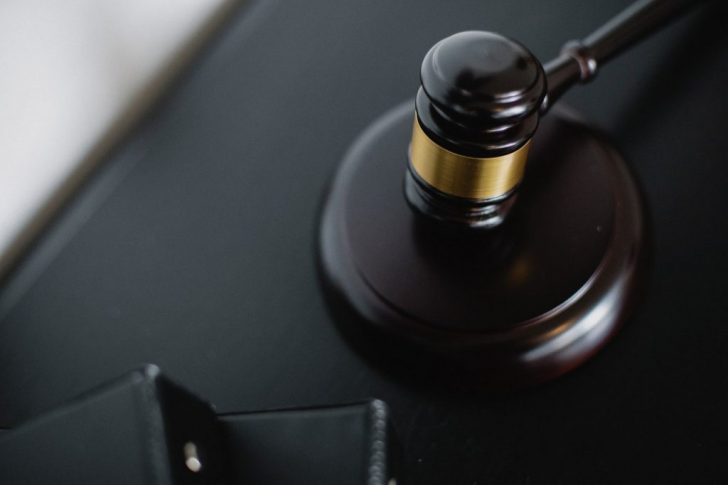How often do you notice the pitch someone has when speaking to you? Do you notice variations in tones? Can you gauge the emotional state of a person through a conversation? The brain is a powerful organ that often works silently i.e. through the unconscious.
The next time you ask someone a question, see if your focus drifts towards their way of responding. Often, unconsciously, the brain considers the validity of a particular response in relation to how a person responds to a question. In these quick, mostly unnoticed instances, the mind decides how to perceive an answer.

Respond Quickly or Invite Doubt
The Grenoble Ecole de Management in Grenoble, France, released a new study which dictates that the speed with which a response is delivered often creates an unintentional doubt in a person’s mind while considering the credibility of a response.
To put it simply, people might deem you less honest if you take your time responding. A natural contrast is answering quickly, which will make increase your authenticity in front of an audience.
Proceedings of the Study
Jame Cook University’s Dr. Ziano and Dr. Deming Wang recruited 7,565 participants from the UK, USA, and France to conduct 14 experiments to test their theory. Each experiment required participants to read over a question-and-answer exchange, hear a response through audio, or watch a person respond in a video.
Throughout these tests, response time varied from instantaneous to delayed up to 10 seconds. Following this, participants were asked to assess the sincerity of the response based on a sliding scale.

In totality, responses delivered after brief pauses were consistently considered insincere by the participants. A minor exception they found was if the pause came before a socially unacceptable or unpleasant response, participants didn’t think of it as dishonest.
Consequences of the Findings
The bias uncovered by the study opens up a world of implications on day-to-day situations.
A common example would be court proceedings, where an entire jury is responsible for deciding the honesty of a person – response time can have substantial repercussions here. People are often even fidgety and nervous during a testimony. Can this perhaps lead to an incorrect decision by the jury?
Another example could be at a job interview, where two equally (or even unequally) qualified individuals could land a job based on their response time. If you take a couple of seconds to respond, the interviewer might consider you insincere.

What you need to take away from this is to answer quickly or invite doubt. If you want people to trust your sincerity, ensure that you don’t pause before responding.
